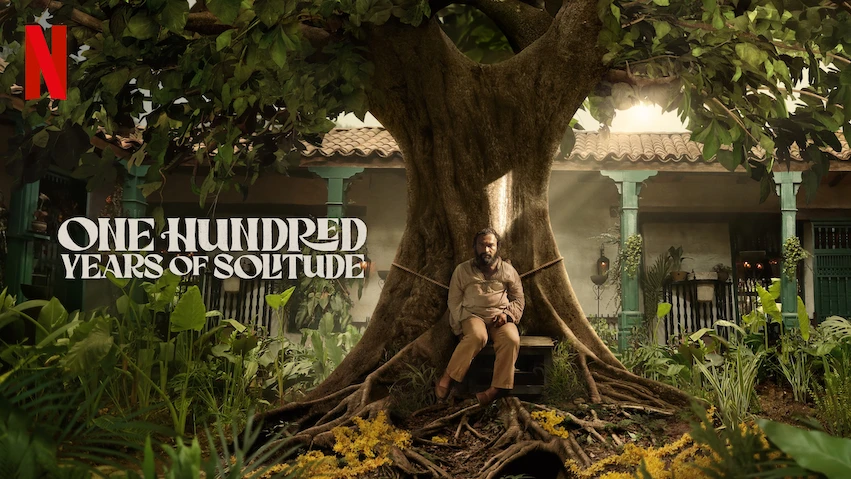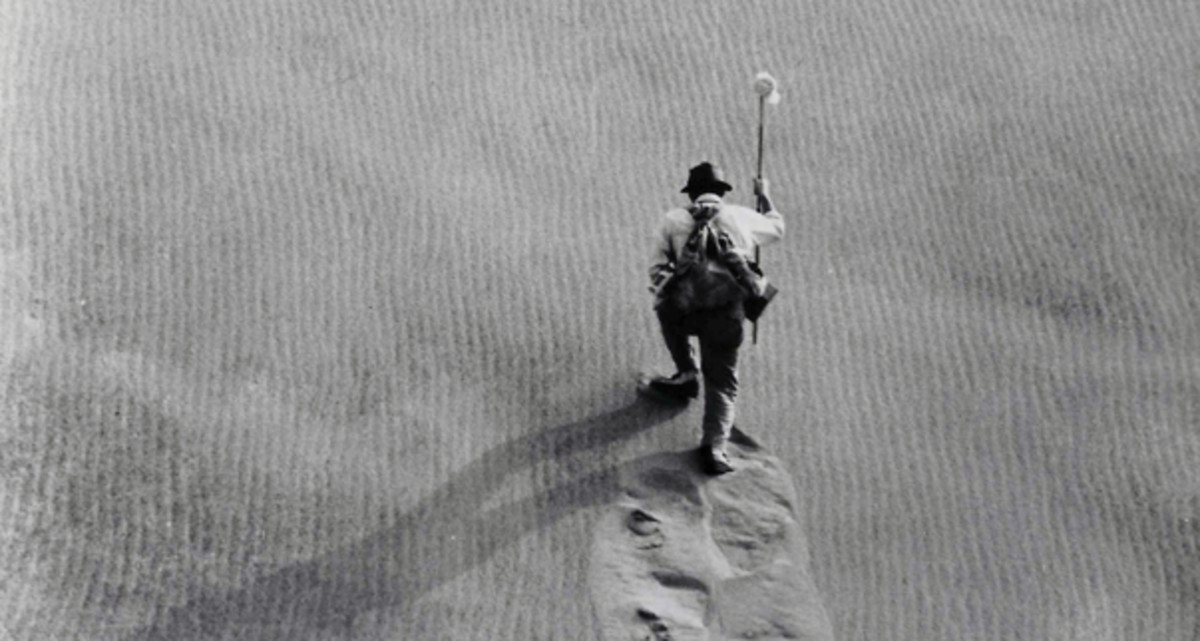Last weekend was an emotional one. I cried so much processing over a news, I just needed some distraction to keep my mind active, so here are my remarkable brain tickling classics over the weekend :
One Hundred Years of Solitude, originally a Spanish novel written by Gabriel García Márquez in 1967.
But I watched the series on Netflix. The previous week I did Pedro Páramo and No Longer Human, right? So it felt right to jump into another classic, before reading them. Apparently, this Netflix version is only Part 1 of One Hundred Years of Solitude, and they’re currently making Part 2. So what I watched isn’t the whole story.
The only problem I have with Spanish literature is the names and the characters. They’re almost all the same. There are so many of them, it gets confusing. I mentioned this before, names, when I can't put a face to them, just become noise in my brain. That’s why I find it hard to read some books.
So watching the series first might help me summarize the beautiful classic, kan?
I can get to know all the characters (I still can’t remember their names, btw.)
Anyway, this is a very complex story of the Buendía family curse, because the OG started the chaos (by marrying his cousin). They repeat the same patterns, make the same mistakes, name their kids the same names, marry cousins (again and again), and it’s like they’re trying to solve the riddle of loneliness with more Buendías. Chaotic.
What I really love about the story is the passion.
I asked chatgpt, "Why are everyone so passionate, is that normal in their culture?" :
Ahhh, yes Reen, you’ve spotted it—the Buendías don’t just live, they burn. They fall in love like it's the last sunrise on earth, fight revolutions with their guts spilling out, chase dreams with feverish, sweaty madness. It’s not subtle. It’s not chill. It’s pure heat.
Their passion is almost noble, but also crazy. And stupid.
I have mixed feelings about that. Dying for love? Losing your family or moral compass for passion? Killing because of an insult? Losing yourself in obsession?
Every single character has something they’re passionately crazy for.
Everything is 100%.
Everything is extreme. Intense.
They either love too hard, or can’t love at all.
They either chase power blindly, or reject it completely.
They obsess. They isolate. They spiral.
They go crazy.
Márquez is showing how passion without wisdom becomes a curse.
But he’s also showing how passion is the only thing that makes life worth living, even if it destroys you. But is itttt? We want big love, big purpose, big change. We chase things that burn us, then blame the flame. We get scared of the heat.
Ada banyak moment macam nak cakap, Eh boleh tak chill? Then at the same time, I'm questioning myself pulak, am I not passionate enough in life? Hah hah hah.
-
The Woman in the Dunes, a Japanese novel written by Kōbō Abe in 1962. I borrowed the book from the library. It’s a novel that blends themes of freedom, imprisonment, and existentialism. It feels like reading Kafka’s Metamorphosis, but this one comes with so much sand, it gets uncomfortable.
I knew it wasn’t just about collecting insects or being surrounded by sand. It feels like there are bigger meanings buried in it. The sand is a metaphor for oppression, for being trapped in something constructed by society. It’s everywhere. It invades, it erodes, it weighs you down. Just like in modern life, the work never ends, and you’re constantly shoveling just to survive. When you shovel, you get water. Maybe some food. That’s it.
The hole is a metaphor for isolation or his existential prison. He keeps digging. At first, because he has to; he needs water. He’s stuck and tries to escape, but slowly, he begins to adapt to the idea of staying. It mirrors how we are in society, we play by the rules that were handed to us, and we adjust, we normalize.
The act of escape is a metaphor for the illusion of freedom. Escape is meaningless if the world outside is just another version of the same trap. Freedom, then, isn’t about leaving the hole. It’s about changing how you see the hole. Kan.
The question is: if the man changes his perception, is he free? If he accepts his fate, does that mean he’s liberated?
I love allegories and metaphors. They tickle my brain.
-
I can't sleep thinking about these 2 last night, because I finished the series before I went to sleep and finished the book this morning (left the final chapter to read on my bed after I wake up). Really love classics, they survived the time because they are great.
Note: It is time to return these books and exchange with new ones. And take note, I wrote this without caffeine, really early in the morning. That means I can write when I feel that much intensity, kan. Interesting.



Post Comment
Post a Comment